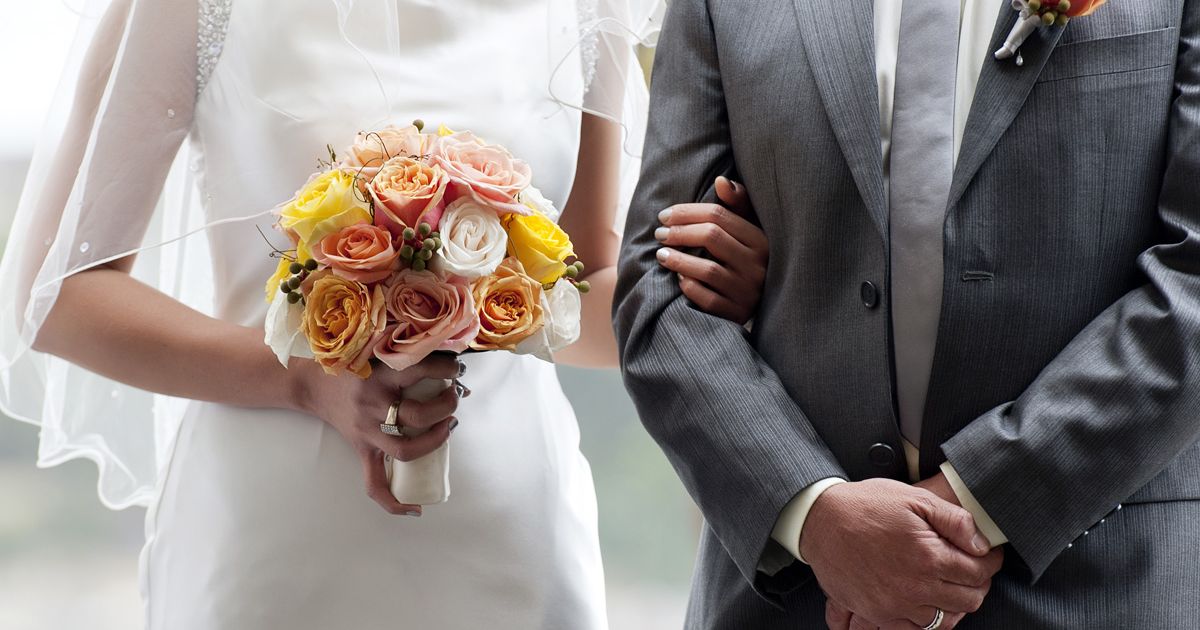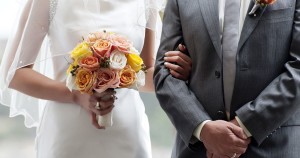Bob and I looked at each other and rolled our eyes. We didn’t understand why they expected so much of each other and why they were rude when things didn’t go their way. I promised myself I would never be that way.
A year later, after we married, I was in our kitchen trying to prepare some breakfast before work when Bob walked in from the bathroom.
“You always forget,” he said, irritated. I looked up to see him holding his electric toothbrush. “You always forget to plug this back in after you blow-dry your hair.”
“Sorry,” I said quickly, wanting to get out of there before a confrontation took place.
“How am I supposed to brush my teeth now?” he asked. I thought about a million things I could say. Instead, I ignored him and picked up my purse.
“I just wish you would try to remember that this is important to me,” he added.
“Well,” I shot back defensively, “I wish you would remember to put your white clothes in the first hamper and the colored clothes in the second hamper, but that doesn’t happen.”
“Great, here we go again with what I don’t do right,” he said. “Why don’t you just tell me what you expect me to do?”
“I don’t expect a lot,” I started, knowing I shouldn’t open this can of worms but irritated by his inconsistencies. “Just some basics, like remembering more often to tell me you love me, being a little more romantic, throwing away these soda cans you leave lying around and helping me with the dishes and the trash.”
“Oh, is that all?” He shook his head and went into the bedroom. I rolled my eyes, walked out the front door and slammed it behind me.
I drove to work in tears, wondering if I had made a mistake getting married. While we were still engaged, many people told us to enjoy the beginning because “after that, the honeymoon’s over.” Maybe they were right, I contemplated.
I rubbed my forehead and thought back to the week before our wedding. I was at work, and a woman congratulated me on my engagement. “I’ve been married for 12 years,” she said, emphasizing 12.
I remember waiting for her to say the same thing about the honeymoon ending. Instead, she said. “And after all this time, we’re still on our honeymoon. You don’t ever have to let it end.” I had never forgotten those words or the glimmer in her eyes. How I wished I could go back to that conversation and simply ask her how. How in the world do you not let it end?
I got home that night and didn’t say much to Bob. We sat in the living room, watching TV and eating dinner. I was tired of the unspoken tension.
“I’m going to bed,” I said, getting up. “Are you coming?”
“No. I’m going to stay up and watch TV,” he said.
Figures, I thought. I got into bed and wanted to cry. But before I could, Bob walked in. He tucked the covers around me and kissed me on the forehead.
“I love you,” he said.
I closed my eyes and felt a flood of emotions. It felt so good to be loved. But most of all, I was humbled by his humility.
“Hey, Babe,” I said as he began to walk out of the room.
He stopped. “Yes?”
“I promise to plug in your toothbrush tomorrow morning.”
He chuckled and nodded.
Over the following years, many such moments would keep the honeymoon “on.” Moments when we acknowledged that what’s not important to one may mean the world to the other, moments when we learned to let go of the expectations that don’t really matter. Sure, marriage is never perfect, but as we try to love the other without expecting anything in return, the joys of the honeymoon stay with us still.



Be the first to comment on "Does the Honeymoon Have to End? By Sandi Greene"